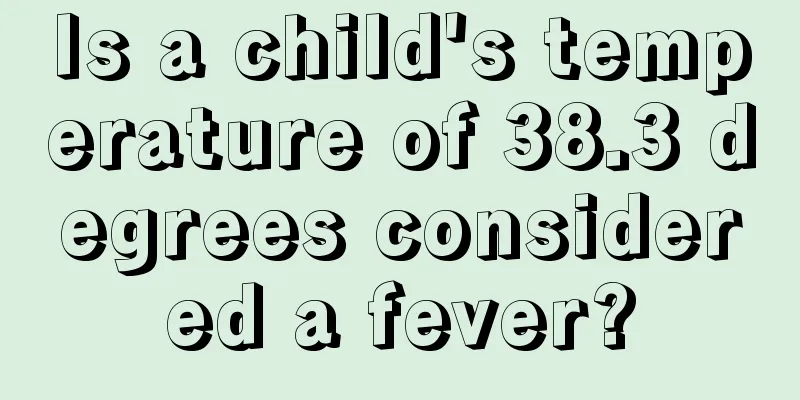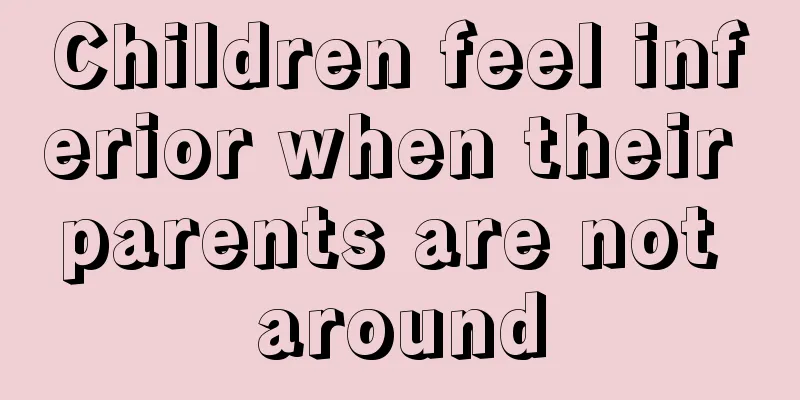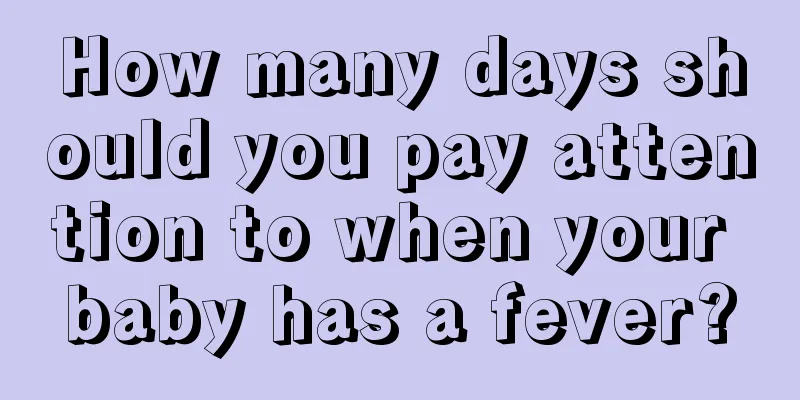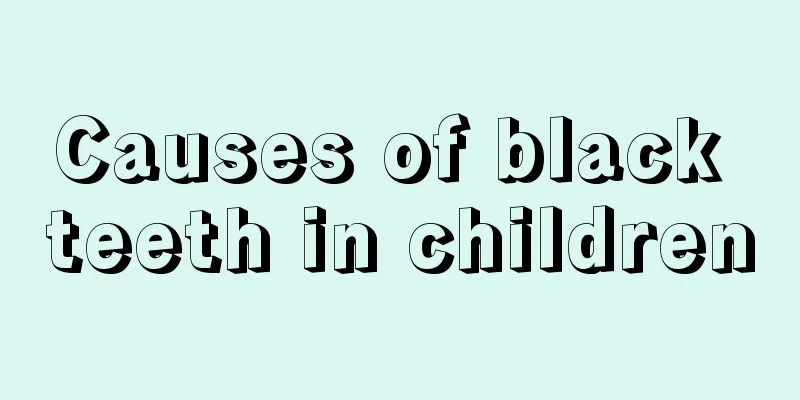What medicine should babies take for acute laryngitis

|
Acute laryngitis is a type of laryngitis and is also a disease that can cause great pain to patients. If not treated in time, it may even affect the overall health of the throat and lead to other more serious symptoms. If a child has symptoms of pharyngitis, parents should identify it as soon as possible and take the child to the appropriate department for treatment. Below, we will introduce you to the relevant knowledge about acute pharyngitis in children in detail! 1. Overview Acute laryngitis in children is an acute inflammation of the laryngeal mucosa, mainly in the glottis area. It often occurs in winter and spring, and is particularly common in infants and young children. Because children's laryngeal cavity is small and the laryngeal mucosa is loose, swelling can easily lead to glottal obstruction. Children have poor cough reflex, and tracheal and laryngeal secretions are not easy to be discharged, which can easily cause severe laryngeal obstruction. If timely and effective treatment is not taken, the condition may progressively worsen, endangering the health or even life of the child. 2. Causes 1. Acute laryngitis often occurs secondary to acute rhinitis and pharyngitis. 2. Children with malnutrition, low resistance, allergic constitution and chronic upper respiratory tract diseases are prone to acute laryngitis. 3. Clinical manifestations Acute laryngitis in children usually has an acute onset and rapidly progresses, with the main symptoms being hoarseness, laryngeal sound, barking cough, and inspiratory dyspnea. In the early stage, the main symptom is laryngeal spasm, and hoarseness is usually not serious. It manifests as paroxysmal barking cough or dyspnea. In severe cases, symptoms include cyanosis of the face, irritability, flaring of the nostrils, cold sweats, and a rapid pulse. Symptoms are milder during the day and worsen at night. IV. Treatment Acute laryngitis in children usually has an acute onset and progresses rapidly. If it is not diagnosed and treated promptly and effectively, serious complications and sequelae may occur. Therefore, if you are sick, you should go to the hospital as soon as possible. 1. The key to the treatment of acute laryngitis is to relieve laryngeal obstruction as soon as possible, use effective and sufficient antibiotics to control infection as early as possible, give glucocorticoids to promote the disappearance of laryngeal edema, strengthen oxygenation, antispasmodics, expectorant and other treatments, and closely observe the child's breathing. 2. After active treatment, the symptoms do not improve significantly or further worsen, resulting in severe breathing difficulties, and even respiratory and circulatory failure and death. For such critically ill children, monitoring and supportive therapy should be strengthened, and those with severe laryngeal obstruction should undergo tracheotomy in a timely manner. |
<<: Is laryngitis contagious in children?
>>: Ten-month-old baby always sleeps due to pneumonia symptoms
Recommend
Is it okay for a 2 year old to go to kindergarten?
Many parents always send their babies to kinderga...
At what age is it best to wean a child?
Every mother encounters a problem, which is the p...
Do newborns need to be bathed every day?
Generally speaking, it is more appropriate to bat...
What to do if the baby's legs are not straight
If a child's legs are not straight, especiall...
What should I do if my child catches a cold and has a fever?
Children often catch colds and have fevers. In fa...
How tall is a 10-year-old child?
I believe that every parent is particularly conce...
Treatment of cough and fever in three-year-old baby
Nowadays, the incidence of cough and fever in thr...
What are the dangers of obesity?
Many people of the older generation have suffered...
Newborn baby's broken palm
The lines on everyone's palms are different, ...
What are the benefits of drinking water for children
The first cry of a baby coming into this world br...
Baby crying during teething
When a baby cries during teething, parents are re...
What's wrong with my baby's runny nose and cough?
Babies can’t tell us when they are sick, nor can ...
Causes of cerebral palsy in children
Many parents want to know why their children suff...
Does hernia hurt when a child has it?
Some parents will suddenly find that their child&...
What fruits are good for children with cough?
Every parent is very nervous when their child has...









